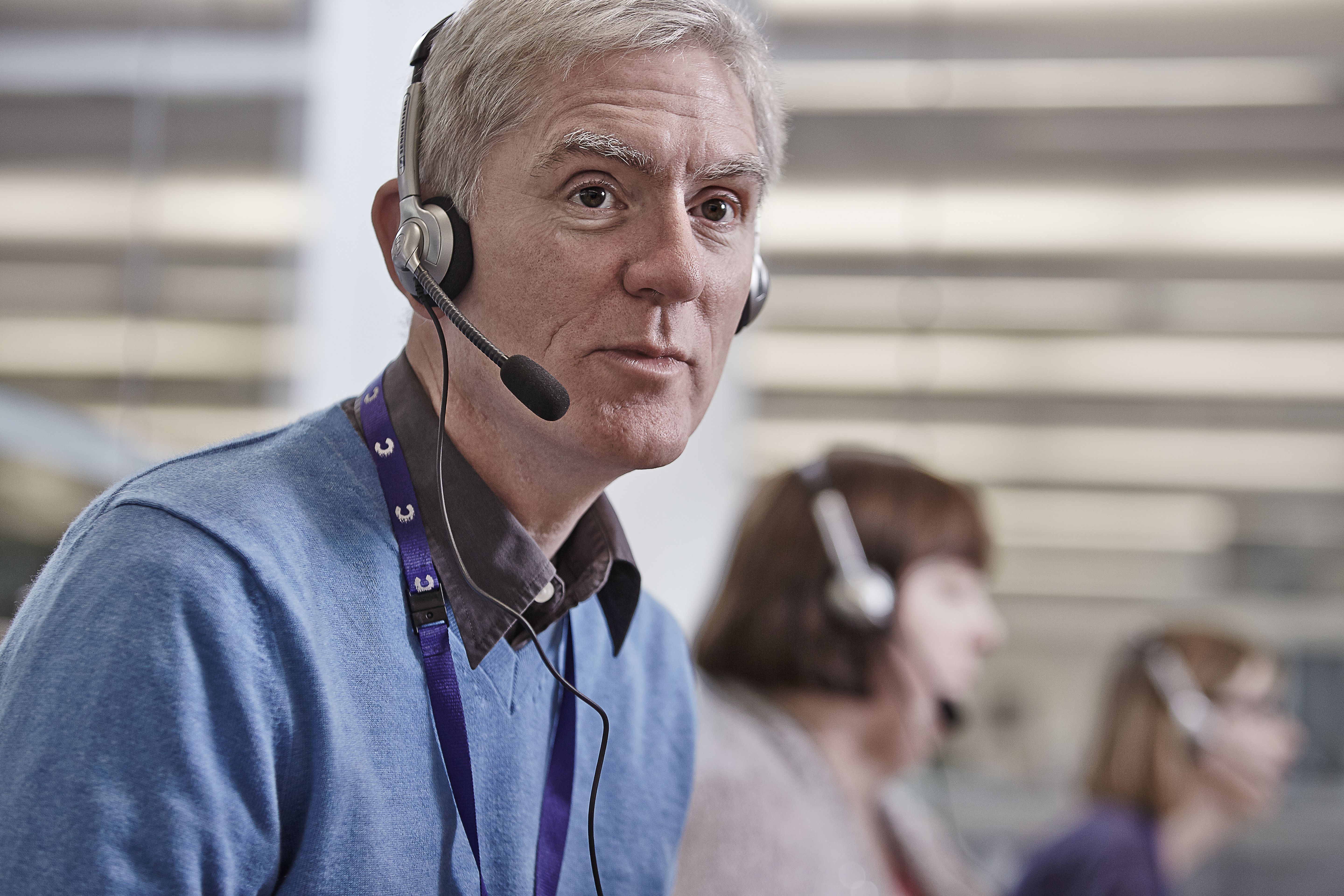The Independent's journalism is supported by our readers. When you purchase through links on our site, we may earn commission.
Cancer patients were forgotten during the pandemic – the consequences of Covid are yet to be understood
A deadly new virus is enough to make the healthiest person anxious. But if you have cancer, and are immunocompromised because of your treatment, the fear is unimaginable


It was around 8.30pm on 23 March 2020 when the heart-sinking notification popped up on my phone: PM Boris Johnson announces a countrywide lockdown. For myself and my team of nurses, this meant taking our cancer helpline home. Little did we know the challenges that the following months would bring.
Our phones didn’t stop ringing. During the first month of lockdown, we saw a 40 per cent increase in calls to our helpline; 45 per cent of which were related to coronavirus – patients and their families worried about how it would affect cancer care. Almost 120,000 people visited the coronavirus section of our website in April 2020 alone.
A brand new, deadly virus is enough to make the healthiest person anxious. But if you already have cancer, and you are immunocompromised because of the treatment you’ve been receiving, the fear for many was unimaginable.
The charity I work for (Cancer Research UK) turns 20 this year. It has been running a helpline from day one. So, we’re used to dealing with distressed callers – it’s part of our job. When it comes to cancer, we know the answers and can ease our patients’ worries.
But as of 23 March 2020, it was a different story. NHS staff made impossible decisions to cancel chemotherapy and postpone potentially life-saving operations. Screening services were ground to a halt and specialist equipment was redirected to the Covid-19 front line. “Stay at home” was the law, and difficult but necessary actions were taken by NHS staff to keep patients safe while we processed exactly what Covid-19 was and how big a threat it posed.
This meant that, after two decades of finding solutions for people, the nature of the calls we received suddenly changed. We couldn’t help people get their treatments restarted or tell them when that would happen. We could simply listen to them, explain why their treatment was paused and give much-needed emotional support.
The saddest story was a caller who was suffering from pancreatic cancer – one of the fastest-moving and deadliest cancer types. They were due to have potentially life-saving surgery, but almost overnight, this procedure had been cancelled because there were no intensive care beds available. In March 2020, heart-wrenching stories like this became a daily occurrence. My team and I were on the virtual front line, expected to know the answers and offer support in a period of the great unknown.
On top of this was our sense of guilt. It was like the country was at war and, despite having the relevant training, we hadn’t been called up. Shouldn’t we be doing more? In fact, many of us did volunteer to help, but the truth is that the work we were already doing was the most valuable use of our time.
Phenomenal efforts from NHS staff meant cancer services did get back up and running fairly quickly – as a clinician myself, it was humbling to watch. After this, questions to our helpline focused on shielding and vaccinations. We’ve changed our information and adapted our messaging to meet the evolving situation so many times in the last two years.
Today, when I switch on my phone, the notifications are thankfully no longer about Covid-19 restrictions – but the consequences of the pandemic on cancer care are yet to be fully understood.
To keep up to speed with all the latest opinions and comment sign up to our free weekly Voices Dispatches newsletter by clicking here
The vaccination programme is proof that a properly funded and staffed project can have fantastic results, and the NHS needs sustained resources and support in a post-pandemic world.
For cancer patients, 23 March 2020 marked the start of a steep struggle in their journey, and for many, they’re still heading uphill towards diagnosis and treatment.
Celebrating our 20th anniversary while simultaneously looking back on the horrors of the last two years prompts a strange mix of emotions. For me, the whirlwind that was the start of the pandemic feels like a lifetime ago. But my job remains the same as it has for the last 17 years: to support people affected by or worried about cancer in any way that we can.
Martin Ledwick is head information nurse at Cancer Research UK
For support and information, you can call the Cancer Research UK information nurses. They can give advice about who can help you and what kind of support is available. Freephone: 0808 800 4040 - Monday to Friday, 9am to 5pm

Join our commenting forum
Join thought-provoking conversations, follow other Independent readers and see their replies